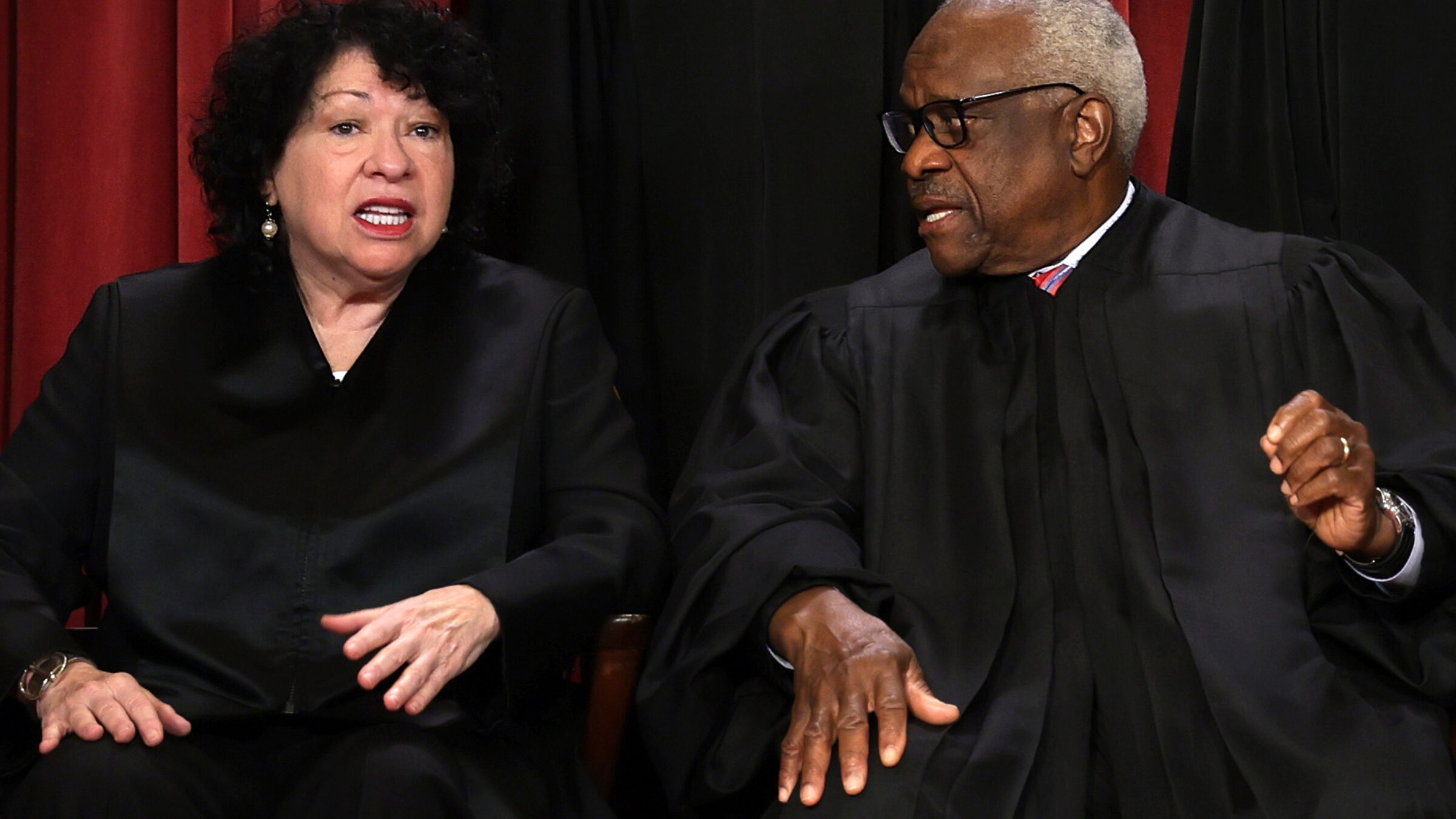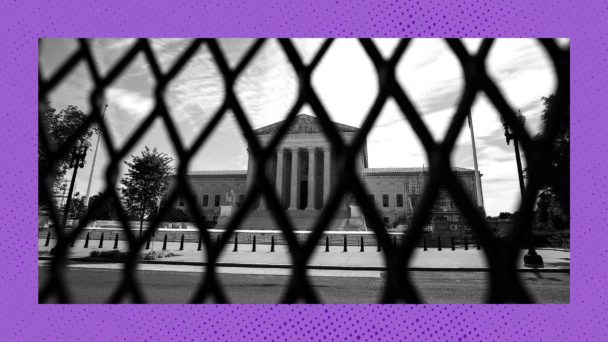Damian McElrath spent much of his childhood under the schizophrenic delusion that his adoptive mother, Diane, was trying to kill him. So in July 2012, just days after he was released from a mental health facility, he stabbed her to death. When he called police to confess, he explained that she was putting ammonia in his lemonade and spraying insecticide on his ice.
Damian, 18, was charged with three crimes under Georgia state law: malice murder (the most serious charge, equivalent to first-degree murder), felony murder (a less serious homicide charge), and aggravated assault. No one questioned whether he had killed Diane, but there were questions about his mental state. And in Georgia, the answers affect the options available to the jury: In addition to the familiar choice between guilty or not guilty, the jury could find him “not guilty by reason of insanity” or, alternatively, “guilty but mentally ill.” People found not guilty by reason of insanity are indefinitely committed to a state mental health facility. Those found guilty but mentally ill go to prison, and may be hospitalized at the discretion of the Department of Corrections.
The jury in Damian’s case did something surprising: On the malice murder charge, it found him not guilty by reason of insanity, and on the felony murder and aggravated assault charges, it found him guilty but mentally ill. Damian appealed his convictions and argued that they were “repugnant”—a term used in Georgia law when a jury makes affirmative findings that cannot legally or logically coexist. Damian argued that he couldn’t have been both insane and sane at the same time, and that his conviction should thus be overturned.
The Georgia Supreme Court agreed that the verdicts were repugnant. But then, it did something surprising, too: It vacated both the convictions and the acquittal, calling the “purported verdicts” a “nullity” that the trial court should have rejected. The Georgia Supreme Court then remanded the charges back to the trial court so prosecutors could try Damian again for all three crimes. Damian appealed to the United States Supreme Court, arguing that retrying him for something he was already acquitted of—malice murder—violates the Constitution’s protections against double jeopardy, which prohibits the government from repeatedly prosecuting someone for the same crime.
For the literate public, Damian’s argument seems pretty clearly correct: The Fifth Amendment says that no person shall “be subject for the same offense to be twice put in jeopardy of life or limb.” But during oral argument on Tuesday in Damian’s Supreme Court case, McElrath v. Georgia, the state argued that double jeopardy didn’t apply—couldn’t apply, in fact—because the first jeopardy never ended. Georgia Solicitor General Stephen Petrany told the justices that the contradictory findings in the jury’s verdicts mean that the result did not “constitute a verdict in the first place.”
The troubling implication of Georgia’s argument is that a jury can say, “We find the defendant not guilty,” and a state can nevertheless say, “No you didn’t.” States are not supposed to get do-overs after a jury of one’s peers makes its decisions. Yet Georgia argued that it has the right under state law to simply relabel acquittals until it gets the result it wants.
Fortunately, several justices found this argument astonishing on Tuesday. Justices Ketanji Brown Jackson and Sonia Sotomayor both honed in on Georgia’s bold attempt to decide what ‘acquittal’ means, given that the Court and the Constitution have already pretty definitively answered this question. “Isn’t this a matter of federal law as to whether or not what is happening here is an acquittal or not?” Jackson asked. As Sotomayor put it, given that the Court has previously “said an acquittal takes place when there is a merits-related resolution, correct or not, of some or all of the factual elements of the crime charged,” she was puzzled as to how Damian’s case would not fit that definition.

When you can’t believe this bullshit argument (Photo by Alex Wong/Getty Images)
As a general rule, judges are not supposed to interfere with a jury’s decision-making process, and at oral argument, even Petrany conceded that “a jury’s general verdict of acquittal is one of the most sacrosanct things in American constitutional law.” Justice Elena Kagan sounded skeptical that his argument could survive this test: “It’s the exact same thing that you’re asking us to look into, which we have always said we will not look into,” she said. Justice Neil Gorsuch also focused on the role jury is supposed to play in the criminal legal system: “A jury is a check on judges, it’s a check on prosecutors, it’s a check on overreach,” he said. “An acquittal is an acquittal is an acquittal since time immemorial. Now you’re telling us an acquittal isn’t an acquittal if it’s a special verdict form?”
In a particularly revealing exchange, Justice Clarence Thomas asked Petrany if there would have been a “verdict” if malice murder were the only charge Damian faced. When Petrany said yes, Thomas seemed to think that that was enough to resolve the case: “It’s not procedurally defective. There’s not a jurisdictional problem. You have a verdict that is subsequently voided because it’s inconsistent with a separate charge.” Thomas expressed confusion as to how Petrany could “get around the notion” that an outcome was a “verdict”, but then compare it to something else and determine that it wasn’t a “verdict” anymore.
Georgia’s argument is an innovative method of getting the Constitution wrong, and the justices attacked it from all angles. States have a lot of power to define and enforce criminal laws in their states, and all too often, the federal government permits states to abuse that power. But if oral argument is any indication, the Supreme Court is not going to confer on states the power to reimagine verdicts in order to send more people to prison.




